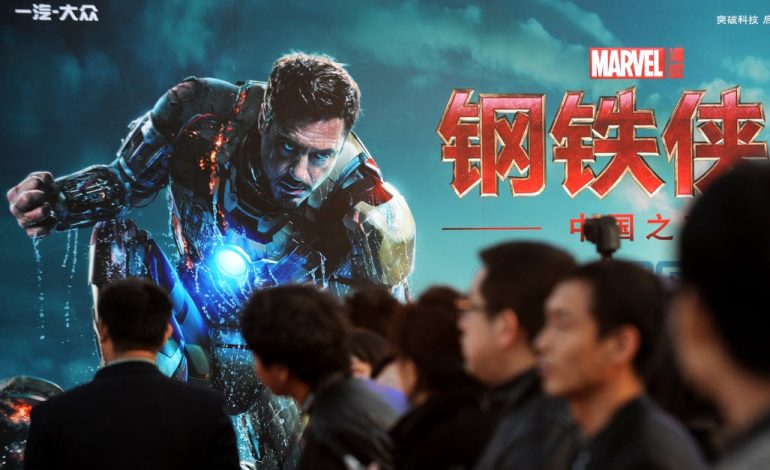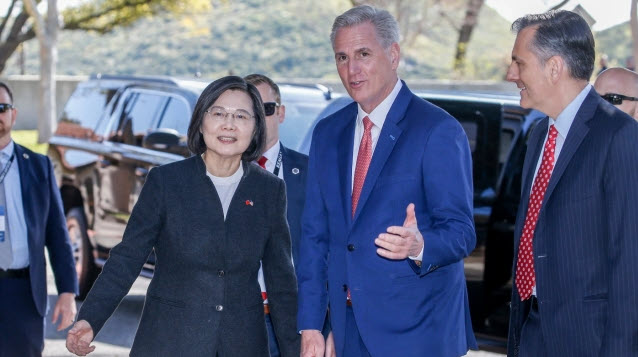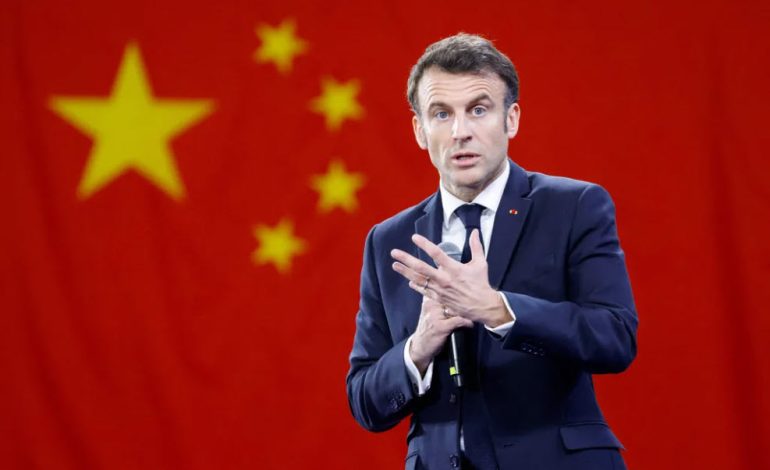
Appeasement at the Cineplex
By Orville Schell
06 April 2023
Although Beijing and Hollywood inhabit political and cultural universes that have little in common, they are similar in one important respect: both have expended vast amounts of energy, time, and capital confecting imaginary universes. The Chinese Communist Party (CCP) has long proselytized for sundry versions of its Maoist/Marxist/Leninist revolution through state-sponsored propaganda campaigns that have even airbrushed large chunks of its unsavory past from the historical record. Hollywood has engaged in its own escapist mythmaking by producing films filled with fantasy and backing them with promotional campaigns irrigated by galaxies of movie stars and inexhaustible reserves of PR and advertising. Both have wantonly employed wishful thinking, mendacity, and deception to create alternate realities that have managed to distract their respective mass audiences from the actual circumstances in which they have been living.
Despite the fact that these engines of fiction are otherwise so dissimilar, when China began “reforming and opening up” in the 1980s under Deng Xiaoping, the CCP started sniffing around Hollywood, because its cultural overlords wanted to see if they could get some of Hollywood’s seductive storytelling magic to rub off on their turgid propaganda efforts to “tell China’s story well,” as the country’s current leader, Xi Jinping, later put it. For example, realizing that the word “propaganda” sounded indelibly malign to Western ears, the Propaganda Department changed its name (but only in English) to the “Publicity Department.” At the same time, encouraged by Washington’s policy of “engagement,” which sought to transform the Sino-U.S. relationship through the alchemy of increased interaction, Hollywood executives began to be enticed by the potential of China’s immense and still-unexploited film audience.
“Out of nowhere appeared a market with 1.4 billion potential customers,” writes Erich Schwartzel in Red Carpet: Hollywood, China, and the Global Battle for Cultural Supremacy. “Accessing that resource would require bowing to censorship demands and navigating political land mines to build a theme park or secure Chinese financing.” But since China needed technical knowhow and Hollywood wanted more viewers, a match was tempting.
The idea of China selectively borrowing from the West harkened back to a Qing dynasty formula for modernization that called for “using things Western for matters of practice, but using things Chinese for matters of essence.” The conceit was to borrow, but only in utilitarian ways that shored up rather than undermined China’s existing system and values. Of course, at that time China’s “essence” was traditional Confucian culture, whereas now it is a confection known as “socialism with Chinese characteristics for the new Xi Jinping era.”
Ultimately the contradictions inherent in two such different political universes were not overcome in the CCP’s attempt at borrowing. The U.S. is an outspoken capitalist democracy. China remains a putative socialist “people’s republic” and refers to concerts, plays, museum exhibitions, and films as “cultural industries” that are still supposed to adhere to commandments laid down by Mao in 1942 at his Yan’an Forum on Literature and Art. Under Mao, literature, art, entertainment, culture, and media were not to be outlets for individual artistic self-expression but obedient megaphones for the Party’s unfailingly “correct” political line. Although some of Mao’s political rigidity lapsed during the reform era, Deng reminded the Chinese in 1979 that even as they might borrow practical things from abroad, they were still bound by Four Cardinal Principles: uphold the socialist path, the people’s democratic dictatorship, the leadership of the CCP, and Mao Zedong Thought and Marxism–Leninism. And lest any latter-day comrades become tempted to dismiss Mao’s dicta as ancient history, 72 years after the Yan’an Forum Xi reminded them that cultural workers should…


